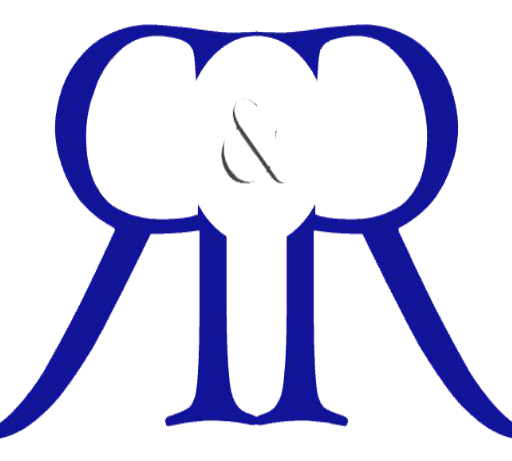
Why You Should File Corporate Taxes On Time
Corporate taxes (T2 Corporation Income Tax Returns) must be filed no later than six months after the end of a corporation’s fiscal year, and if taxes are owed by the corporation, they must be paid within three months after the end of a corporation’s fiscal year. Corporate income taxes are separate from your personal tax return. Any corporation that is listed as “active” must file a tax return every year, even if the corporation did not make any money. If a corporation is no longer in operation, it must be legally dissolved, or you are required to continue to file taxes for this corporation.
As with all income taxes, it’s important to file corporate taxes on time. There are many reasons why.
The Benefits of Filing Corporate Taxes on Time
One of the most obvious – and financially costly – reasons to file your corporate income taxes on time is because the Canada Revenue Agency (CRA) charges late filing penalties to corporations that do not file on time.
The standard penalty for filing a corporate tax return late is 5% of the taxes due on the deadline, plus 1% of the unpaid tax remaining for each month the return is late, up to a maximum of 12 months. However, this penalty can be greater (usually doubled) if you have failed to file on time in previous years.
Penalty charges will begin accumulating as soon as your taxes should have been filed, not on the date you actually file. This means that, for example, if your corporation’s tax return was due on June 30th, but you filed on September 30th, you will be charged three months of interest penalties on the outstanding taxes.
In addition, if you do not file a T2 return within three years after the end of a tax year, you may not be able to get any refunds that your corporation is entitled to.
Some corporations may assume that it’s better to not file at all if you don’t have the money to pay the taxes owed. This is not a wise decision. Not only will interest continue to accumulate, but not filing your corporate income taxes will lead to serious issues with the CRA. The CRA is a powerful agency. It can freeze corporate bank accounts and even seize corporate assets if taxes have not been filed and paid. You could find yourself in significant legal trouble if you do not file your corporate income taxes.
How a Chartered Professional Accountant Can Help
When filing your corporate taxes, it’s not only important that you file on time, but also that you file correctly. Errors on tax returns can be incredibly costly and even potentially get you into trouble with the CRA. That’s why it’s important to work with professionals to make sure everything is handled as it should be handled.
A Chartered Professional Accountant (CPA) has the experience needed to help your corporation meet its income tax obligations.
CPAs understand the ins-and-outs of the Canadian tax code. Filing corporate tax returns can often be confusing and time consuming, which is a major reason why some corporations file late. The complexity of the process can certainly be overwhelming. When you work with a CPA, you are working with a trusted professional who can help your corporation develop a tax strategy, optimize your tax return to maximize tax savings, and help your business overcome any tax challenges it may face.
Not only can CPAs provide tax preparation services, but they can also directly communicate with the CRA on your behalf, resolving complex tax matters and saving you time and money. CPAs can even deal with any tax audits that may be ordered by the CRA.
For more information on how a Chartered Professional Accountant can help with corporate taxes, please visit our tax services page or contact us today.








